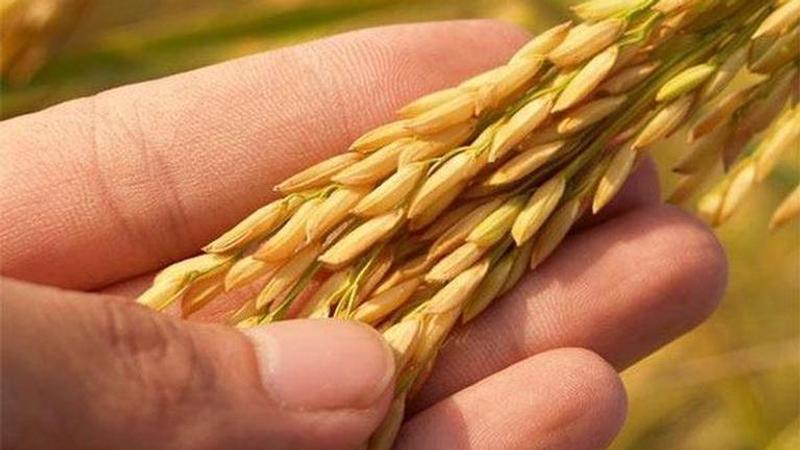Published 08:54 IST, August 30th 2023
India to allow rice export to Singapore to help meet its food security requirements
The Indian government has taken the decision to send rice to Singapore in light of the special relationship between India and Singapore.

India has decided to allow exports of rice to Singapore to meet its food security demands on Tuesday after it banned exports of basmati rice below the price of $1200 a tonne. According to the Ministry of External Affairs (MEA), India has chosen to permit the shipment of rice in order to "meet the food security requirements" of the Southeast Asian country due to its "special relationship" with Singapore.
In a response to a question from the media on Tuesday, MEA’s official spokesperson Arindam Bagchi said, "India and Singapore enjoy a very close strategic partnership, characterized by shared interests, close economic ties and strong people-to-people connect. In view of this special relationship, India has decided to allow the export of rice to meet the food security requirements of Singapore,”
“Formal orders in this regard will be issued shortly,” he said.
On August 27, India added new precautions to its export regulations for basmati rice in an effort to halt the export of non-basmati white rice, which is currently banned.
The administration claimed last Sunday that it had learned from reliable field reports that non-basmati white rice had been misclassified and exported illegally.
The central government said in a satement, “It has been reported that non-basmati white rice is being exported under the HS codes of parboiled rice and basmati rice,”
Notably, non-basmati white rice exports were forbidden starting July 20 in order to control domestic prices and guarantee food security at home. Despite limits placed on specific types, the authorities found that rice exports have been high this year.
The non-basmati white rice was classified as "prohibited" under a modification to the rice export regulations made by the Central government on July 20.
According to a statement from the Directorate General of Foreign Trade (DGFT), the export policy for non-basmati white rice (wholly or partially milled rice, whether polished or glazed) has changed from "free" to "prohibited" and is now in effect.
The action was taken to impede the shipment of one of India's most valuable and in-demand goods. In 2022–2023, the nation exported basmati rice worth about $4.79 billion, primarily to the US and West Asia.
The planet's top supplier of the crop had prohibited the export of all grades of non-basmati white rice on July 20, pushing worldwide prices to a 12-year high, as measured by the Food and Agriculture Organization's (FAO) rice price index, as part of its fight against persistently rising food costs domestically. The recent restrictions on basmati export are anticipated to cause more price increases worldwide.
(With ANI inputs)
Updated 08:54 IST, August 30th 2023




